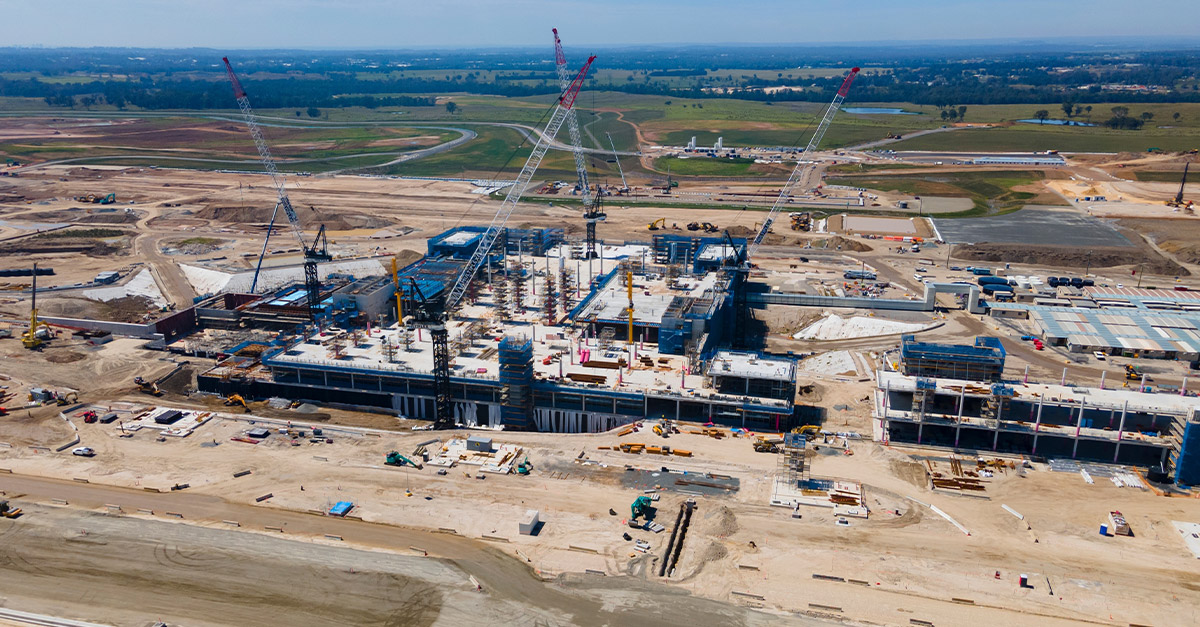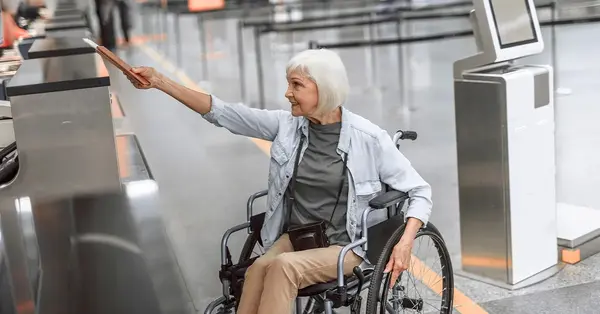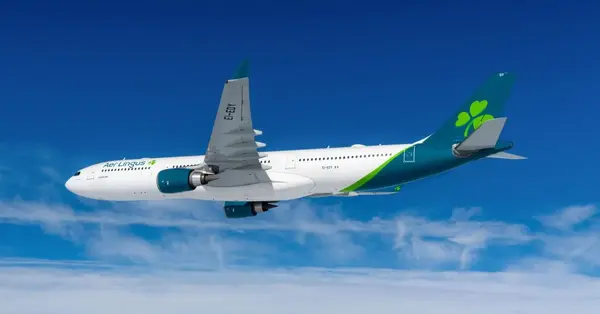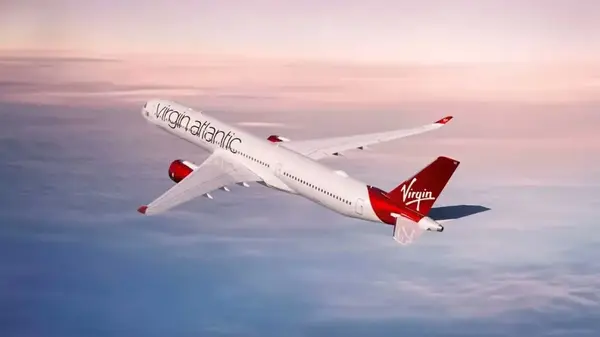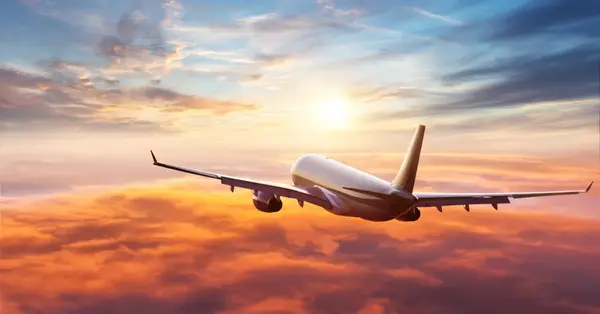You are viewing 1 of your 2 free articles
Special Report: Is there a case for airport expansion?
A New Economics Foundation report argues there no longer is. Ian Taylor reports
The economic case for UK airport expansion has been called into question by a report challenging long-accepted forecasts of the impacts on GDP and jobs.
The study by the New Economics Foundation (NEF), ‘Losing Altitude: The Economics of Air Transport in Great Britain’, challenges the modelling by consultancies such as Oxford Economics and York Aviation which underpins the economic case for travel’s expansion presented by industry bodies such as Abta and World Travel & Tourism Council (WTTC).
It labels the assumptions behind such modelling “dated” and counters the case for growth in four key areas – social (‘welfare’), employment, tourism and economic growth – while pointing out: “The sector’s carbon footprint is substantial, its mitigation unresolved and the climate crisis escalating.”
The report suggests the argument that aviation growth brings social benefits “is undermined by the share of new capacity captured by a wealthy minority of frequent flyers”.
Lead author Dr Alex Chapman, senior researcher at NEF, explained: “Half the UK population don’t fly in any given year, but all experience the environmental downsides of air traffic growth. The benefits flow to a minority of frequent fliers.”
On jobs, the report notes: “The employment created by aviation growth has been diminishing.”
Chapman argued: “There are fewer jobs in air transport today, and there were in 2019, than in 2007, driven by efficiency and automation.
“Where have the gains in productivity gone? Profit rates increased, but real wages in air transport fell further in 2008-22 than in any other sub-sector of the UK.”
The report notes of UK travel and tourism: “The net effect is a large travel spending deficit which contributes to the UK’s current account deficit.”
Chapman suggested: “The primary function of UK airports is to send UK citizens overseas on holiday. In any year, twice as many fly out of the UK as in, giving a net travel spending deficit of £43 billion, or £75 billion if you include spending on air travel.”
Of the business case for growth, he argued: “This case is the weakest. UK business passenger numbers peaked in 2006. Early signs are the decline accelerated due to Covid. Growth isn’t required to service business.”
Yet he noted at least eight UK airports have produced analysis to support expansion applications “claiming it will create business travel”.
The report recommends the government review the case for airport expansion and “consider the consistency of its air capacity policies with those of climate change”.
It also calls for improvements in the economic impact analysis in planning decisions and scrutiny of “claims around growth in business passenger departures” and “the credibility of data on [aviation’s] economic benefits”.
Chapman argued: “Jobs are falling, wages falling, business travel declining, money flowing overseas and climate damage accelerating.
“There is an unwillingness by politicians to grab the bull by the horns on this. But at some point, they will have to look at air travel. We’re locking in expansion without discussing the trade-offs.”
The ‘Losing Altitude’ report is available at neweconomics.org

